Roads have been the backbone of human civilization, facilitating movement, trade, and unity.
In Africa, the need for better road networks has never been more urgent, mainly as countries aim to collaborate more closely for economic growth.
This article delves into how roads and efficient transportation systems are essential for bridging Africa’s disparate economies and encouraging trade.
The Importance of Trans-African Highways
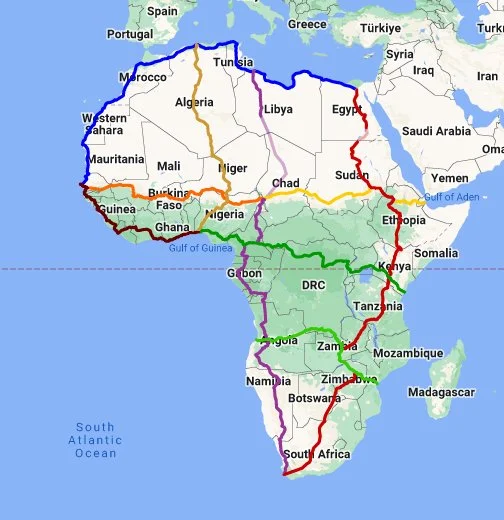
The Trans-African Highways, a project initiated by the United Nations in the 1970s, seeks to link Africa from the northernmost parts to the southern extremities and from east to west.
With a planned network spanning 60,000 kilometers, this ambitious endeavor aims to make transporting goods, people, and services across regions more seamless.
The African Continental Free Trade Area (AfCFTA)
The AfCFTA initiative goes hand in hand with road development projects.
Its principal aim is to boost intra-African trade, which is crucial given that trade activities within Africa currently stand at a mere 12% compared to 60% in Europe.
The AfCFTA is working to alleviate this gap by addressing infrastructure deficits, thereby facilitating better cross-border trade and movement.
East African Community: The Northern Corridor
In the East African Community, attention is focused on significant road networks such as the Northern Corridor.
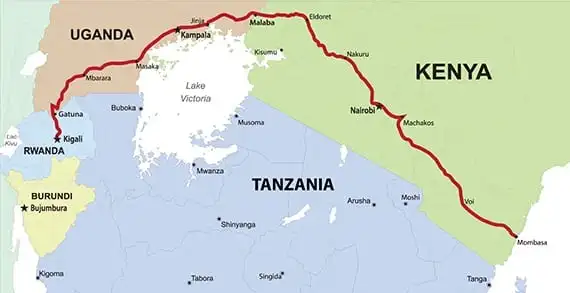
This critical road connects Nairobi in Kenya, Kampala in Uganda, and Kigali in Rwanda. It has successfully reduced both the cost and time of travel, significantly benefiting member states.
ECOWAS: Bridging West African Economies
ECOWAS is taking steps to build and improve cross-border roads like the Lagos-Abidjan Highway.
This crucial road connects Nigeria with its neighbors, namely Benin, Togo, Ghana, and Côte d’Ivoire, and acts as a significant trade route for these West African countries.
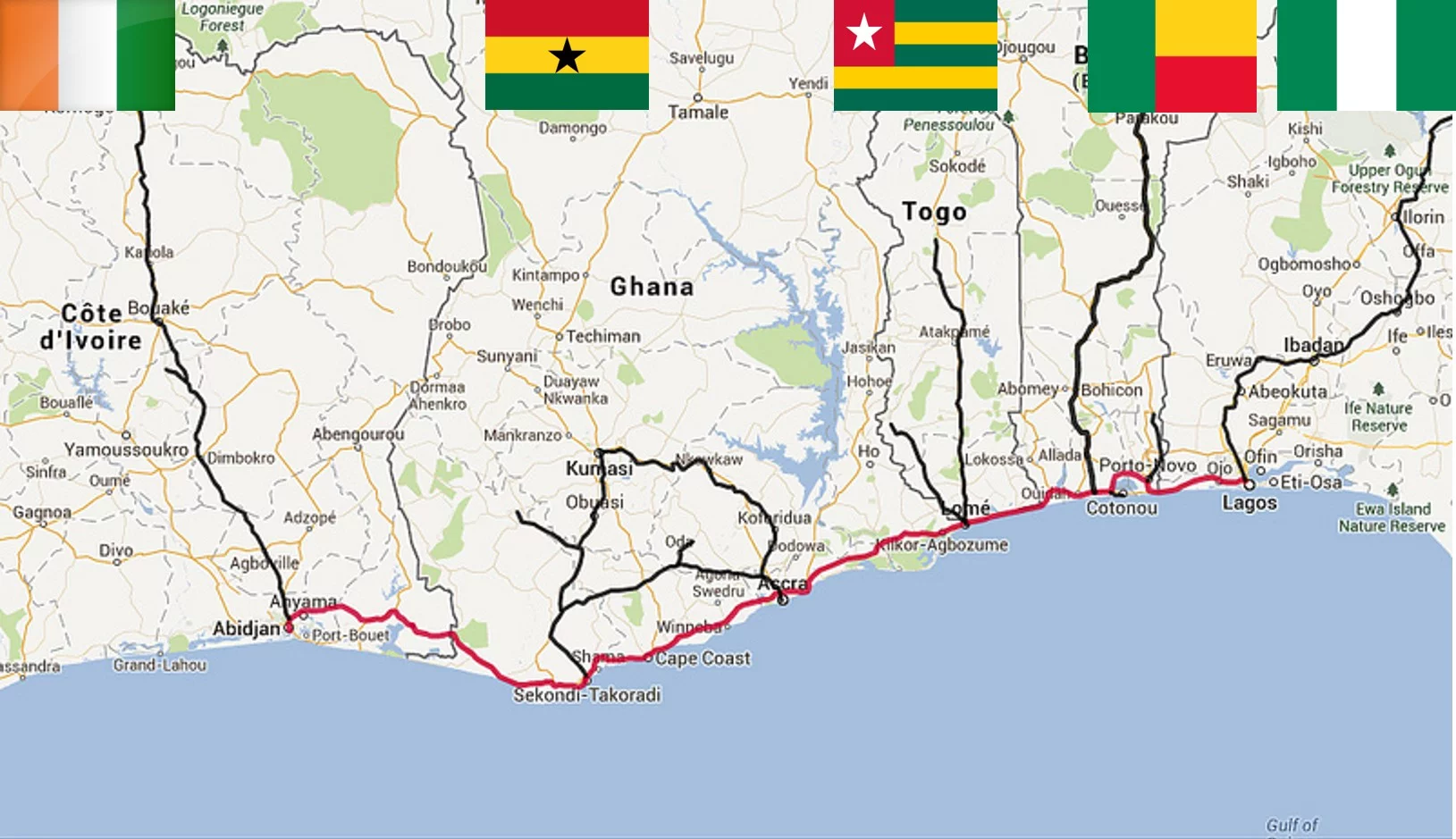
Southern Africa: Connecting Landlocked Nations
The Southern African Development Community (SADC) aims to improve its road networks to connect landlocked countries to ports.
Key projects include the North-South Corridor, which stretches over 8,000 km and connects eight countries.
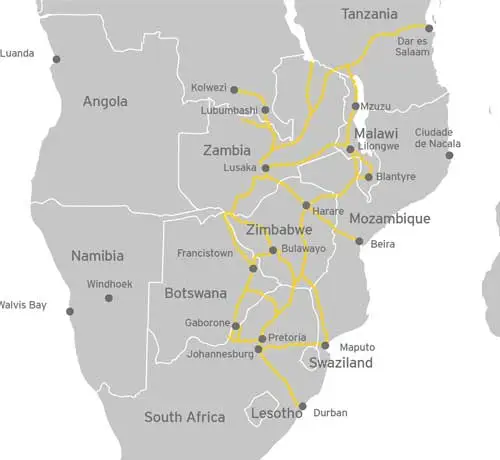
North Africa: Streamlining Trade and Travel
North Africa focuses on enhancing the Cairo–Dakar Highway and the Trans-Maghreb Highway.
These key routes are geared towards improving trade and the movement of people within the region.
These highways incorporate one-stop border posts to make travel more accessible and efficient.
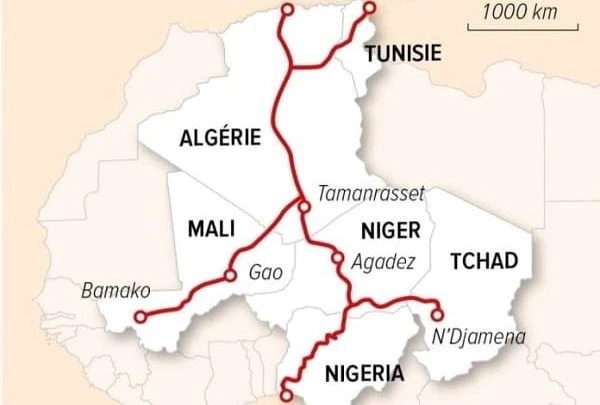
The World Bank’s Role
The World Bank has been at the forefront of modernizing Africa’s transport and customs infrastructure.
Projects like the $228-million upgrade of the Abidjan-Lagos Corridor have successfully reduced border crossing times and road quality.
The Urgency of Border Efficiency
Quality roads alone aren’t enough. Efficient border crossings are vital for promoting trade and movement.
For example, border delays on the Dakar-Lagos corridor can total up to 160 hours, impacting both local and international transport significantly.
Economic Gains: A Mixed Bag
Not all countries stand to gain equally from these road projects.
While Nigeria might experience moderate economic growth, smaller countries like Guinea-Bissau and Sierra Leone could see income gains of up to 12% with efficient border operations.
Conclusion
Roads are the lifelines that can help unite Africa’s various economies.
By focusing on developing road networks and improving transport efficiency, Africa is laying the groundwork for a more collaborative and prosperous future.
Future investments will likely augment this progress further, benefiting millions across the continent.

